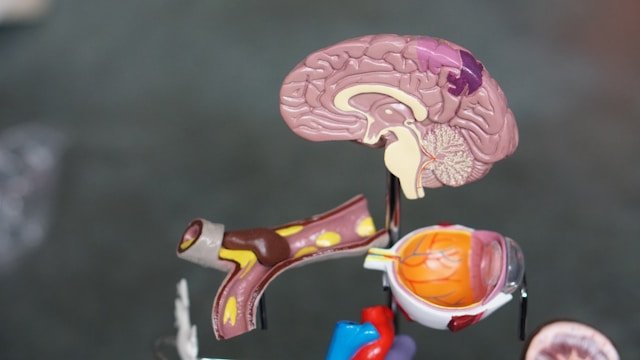Nice rules out two new dementia drugs, citing sky-high cost and ‘modest’ real-world benefits
Two highly anticipated Alzheimer’s drugs hailed as scientific milestones will not be offered on the NHS due to excessive cost and limited benefit. The National Institute for Health and Care Excellence (NICE) said funding the treatments would force cuts to other essential services and provide only modest gains for patients.
Donanemab and lecanemab are the first medications proven to slow Alzheimer’s progression. Rather than stopping or reversing the disease, they decelerate mental decline, potentially giving patients a few more months of independent living.
But NICE has decided the benefits simply don’t justify the burden on taxpayers.
“This is disappointing news,” admitted Helen Knight, director of medicines evaluation at NICE. “But the benefits are modest, and the resources required to deliver them are substantial. Approving these drugs could displace other vital treatments.”
Embed from Getty ImagesNICE estimates that around 70,000 people in England with early-stage dementia would be eligible for treatment. At current prices, the cost of the drugs alone would top £1.5 billion annually. The official US list price sits between £20,000 and £25,000 per patient per year, though the NHS’s negotiated rate is confidential.
On top of the medication cost, the NHS would need to absorb expensive procedures like brain scans and drug infusions—possibly directly into spinal fluid—along with monitoring for serious side effects, pushing total spending even higher.
Despite this, campaigners and drugmakers have condemned the decision.
Chris Stokes, president of Eli Lilly in the UK and Northern Europe, declared: “If the system can’t deliver scientific firsts to NHS patients, it is broken.” His company makes donanemab.
Nick Burgin of Eisai, which manufactures lecanemab, went further, saying the drug would have been rejected “even if Eisai provided it to the NHS for free”.
At the heart of the disagreement lies a question of value. In clinical trials, lecanemab delayed the transition from mild to moderate Alzheimer’s by four to six months. For some, that means more time to enjoy life, drive, socialise, or remain independent. For others, the marginal improvement isn’t enough.
Professor Rob Howard of University College London said trial data showed only a 0.45-point improvement on an 18-point dementia scale—“too small to be noticeable”. He noted that the cost per patient would rival the salary of an NHS nurse.
The sentiment is echoed by dementia researchers such as Professor Tom Dening, who said NICE made the right call. “The benefits are minimal,” he explained, calling the drugs a “distraction” from more pressing issues like care, activities, and mental health support.
Yet Alzheimer’s charities and affected families are dismayed. Hilary Evans-Newton, CEO of Alzheimer’s Research UK, described the ruling as “painful”. She warned that patients could miss future innovations “not because science is failing, but because the system is”.
Professor Fiona Carragher of the Alzheimer’s Society added: “The science is flying, but the system is failing.”
Both drugs target amyloid, a toxic protein that builds up in Alzheimer’s patients’ brains. By helping the body clear it, they slow the disease’s advance. But experts caution that amyloid is only part of the picture—and removing it does not cure or halt the illness.
In total, 138 dementia drugs are being tested in 182 global trials. Professor Tara Spires-Jones of the University of Edinburgh sees hope in these efforts. “Safer, more effective treatments are on the horizon,” she said.
NICE’s ruling applies to England and is usually adopted by Wales and Northern Ireland. Scotland conducts separate assessments.
Both Eisai and Eli Lilly plan to appeal the decision, which will be finalised on 23 July unless overturned.
